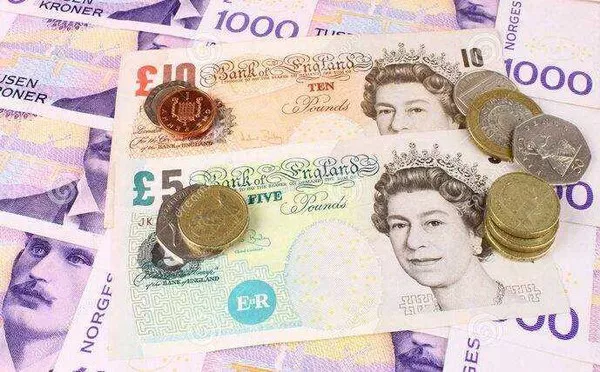The exchange rate between the pound sterling and euro is one of the most watched currency pairs in the world. Investors, businesses, and travelers all keep a close eye on the value of these currencies to make informed decisions about their finances. In this article, we will explore the current value of pound to euro and its potential impacts on various economic sectors.
Understanding the Exchange Rate
Before delving into the current value of pound to euro, it is important to understand what exchange rates are and how they work. An exchange rate is the value of one currency in relation to another, and it fluctuates constantly due to various economic and political factors. For example, if the exchange rate between the pound and euro is 1.20, it means that one pound can be exchanged for 1.20 euros.
Exchange rates are determined by the foreign exchange market, which is a global network of banks, financial institutions, and traders who buy and sell currencies. The demand and supply of a currency determines its exchange rate. If there is high demand for a currency, its value increases, and vice versa.
Current Value of Pound to Euro
As of June 25, 2023, the value of pound to euro is approximately 1.15. This means that one pound can be exchanged for 1.15 euros. This exchange rate has been relatively stable over the past few months, with minor fluctuations depending on various economic and political events.
Factors Affecting the Value of Pound to Euro
Several factors impact the value of pound to euro. Some of the most significant factors include:
1. Political Events: Political instability or uncertainty in the UK or EU countries can affect the exchange rate between the pound and euro. For instance, Brexit negotiations had a significant impact on the value of the pound against the euro.
2. Economic Performance: The economic performance of the UK and EU countries can also influence the exchange rate. If the UK economy is performing well, the pound may rise against the euro, and vice versa.
3. Interest Rates: Interest rates are another crucial factor that affects currency exchange rates. Higher interest rates usually lead to an increase in demand for a currency, which can result in a higher exchange rate.
4. Inflation: High inflation in a country can cause its currency to depreciate, leading to a lower exchange rate.
Impacts of Pound to Euro Exchange Rate
The exchange rate between the pound and euro has significant impacts on various sectors of the economy. The following are some of the areas that can be affected by the exchange rate:
1. Import and Export Businesses: The value of the pound and euro can impact import and export businesses. For instance, if the pound is stronger than the euro, UK exporters can sell their products at a cheaper price, making them more competitive in the EU market. On the other hand, UK importers may find it more expensive to purchase goods from EU countries.
2. Travel and Tourism: The exchange rate also affects travel and tourism. A strong pound means that UK citizens can get more euros for their money when traveling to EU countries, making holidays cheaper. On the other hand, EU citizens may find it more expensive to visit the UK.
3. Investment: Investors may also be impacted by the exchange rate between the pound and euro. For instance, if an investor wants to invest in the UK but is based in the EU, a weaker pound may discourage them from investing due to the lower returns they may receive.
4. Inflation: The exchange rate also plays a role in inflation rates. A weaker pound may result in higher inflation rates as imported goods become more expensive, while a stronger pound may lead to lower inflation rates.
Conclusion
The value of pound to euro is constantly changing due to various economic and political events. Understanding the factors that impact exchange rates can help individuals and businesses make informed decisions about their finances. While the current value of pound to euro is 1.15, it is important to remember that this rate is subject to change and may be influenced by future events.


